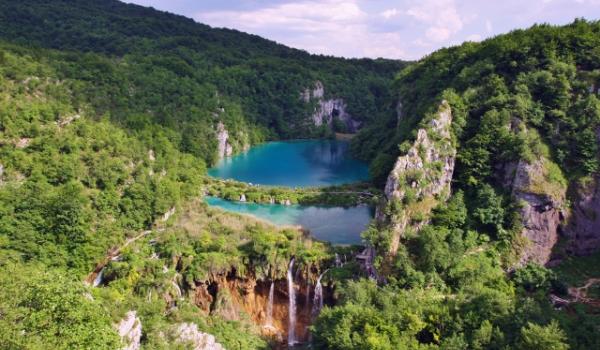IUCN WCPA Transboundary Conservation Specialist Group

Overview and description
- Description:
-
The Transboundary Conservation Specialist Group will promote and support, where possible, transboundary conservation and establishment of transboundary initiatives for improvement of conservation and ...
Group leadership
Mr Piet THERON
Mrs Stefania PETROSILLO
Our mission is "to promote and encourage transboundary conservation for the conservation of nature with associated ecosystem services and cultural values while promoting peace and co-operation among nations, through enhancing knowledge and capacity for effective planning and management of transboundary conservation areas, in fulfillment of the Durban Action Plan and CBD Programme of Work on Protected Areas."
What is transboundary conservation?
Ecosystems across the globe are divided by political boundaries. So they are exposed to many different policies, legal and institutional structures, management and governance regimes; they are affected by various social, cultural and economic contexts and systems, and they are sometimes impacted by complex relations between countries. Transboundary conservation has emerged as a practical way to overcome these differences and is considered as a process of cooperation to achieve conservation goals across one or more international boundaries.
WCPA promotes three types and one special designation of Transboundary Conservation Areas:
Type 1: A Transboundary Protected Area: a clearly defined geographical space that consists of protected areas that are ecologically connected across one or more international boundaries and involves some form of cooperation.
Type 2: A Transboundary Conservation Landscape and/or Seascape: an ecologically connected area that sustains ecological processes and crosses one or more international boundaries, and which includes both protected areas and multiple resource use areas, and involves some form of cooperation.
Type 3: Transboundary Migration Conservation Areas: wildlife habitats in two or more countries that are necessary to sustain populations of migratory species and involve some form of cooperation.
Special designation: A Park for Peace is a special designation that may be applied to any of the three types of Transboundary Conservation Areas, and is dedicated to the promotion, celebration and/or commemoration of peace and cooperation.
Today, there are more than 200 examples of transboundary conservation initiatives in which cooperation ranges from informal agreements to government-to government treaties. The value of transboundary conservation includes ecological benefits alongside enhanced socio-economic resilience and strengthened political relations.


